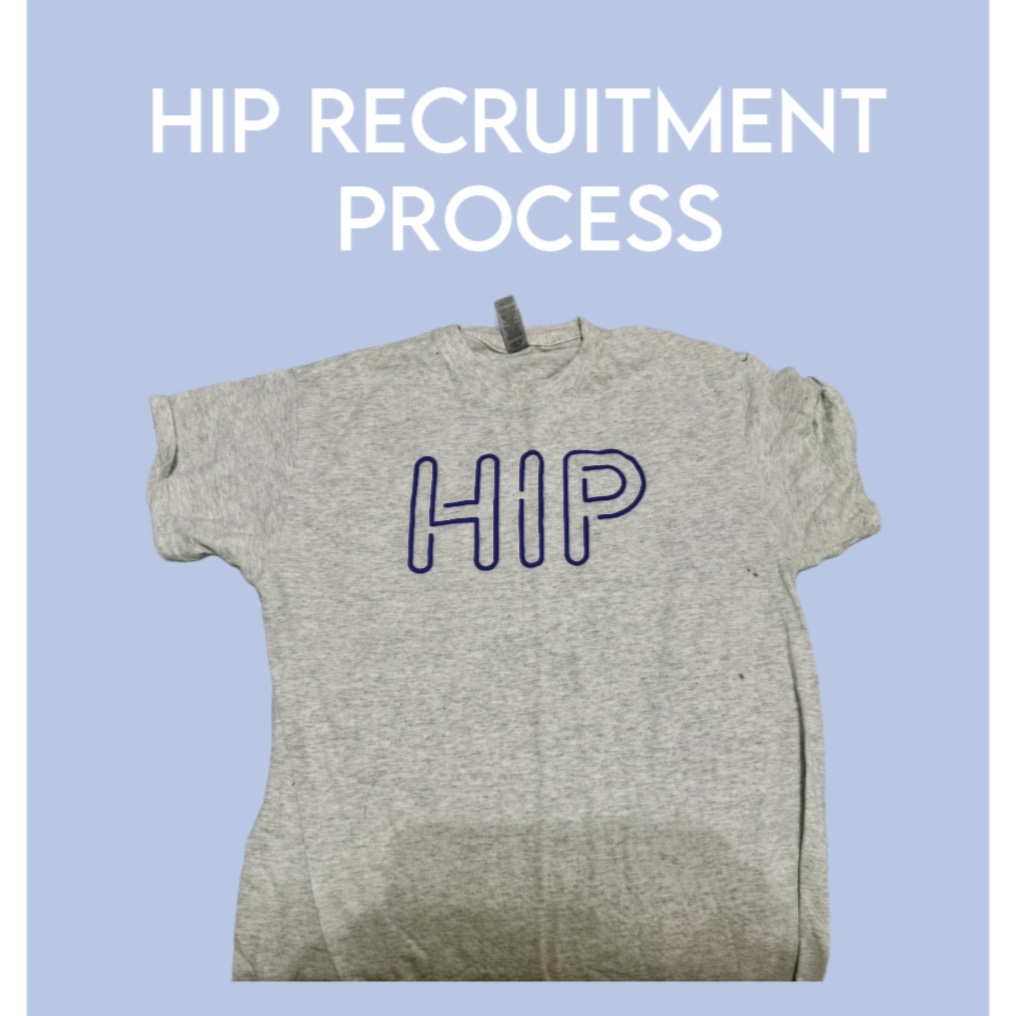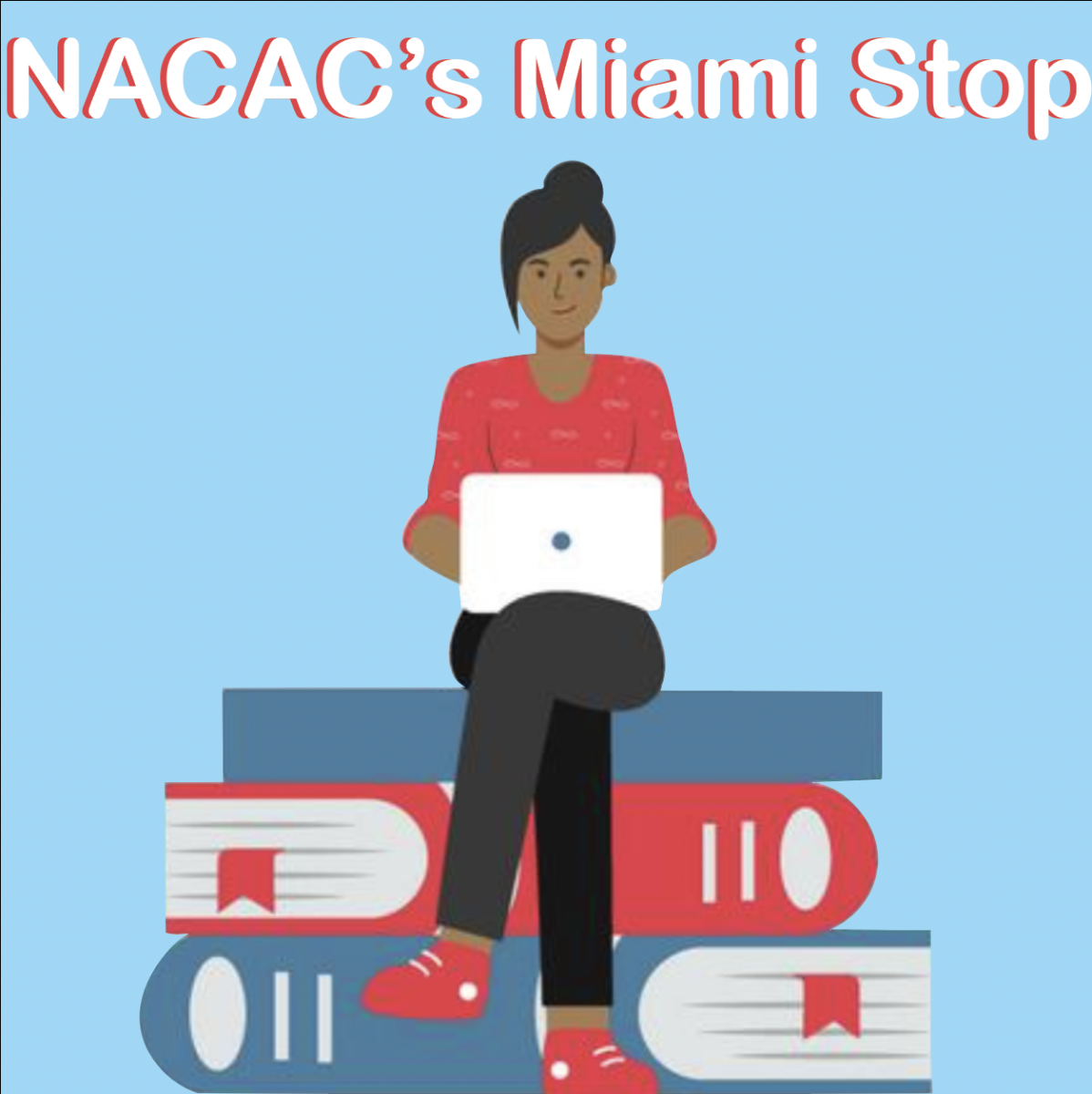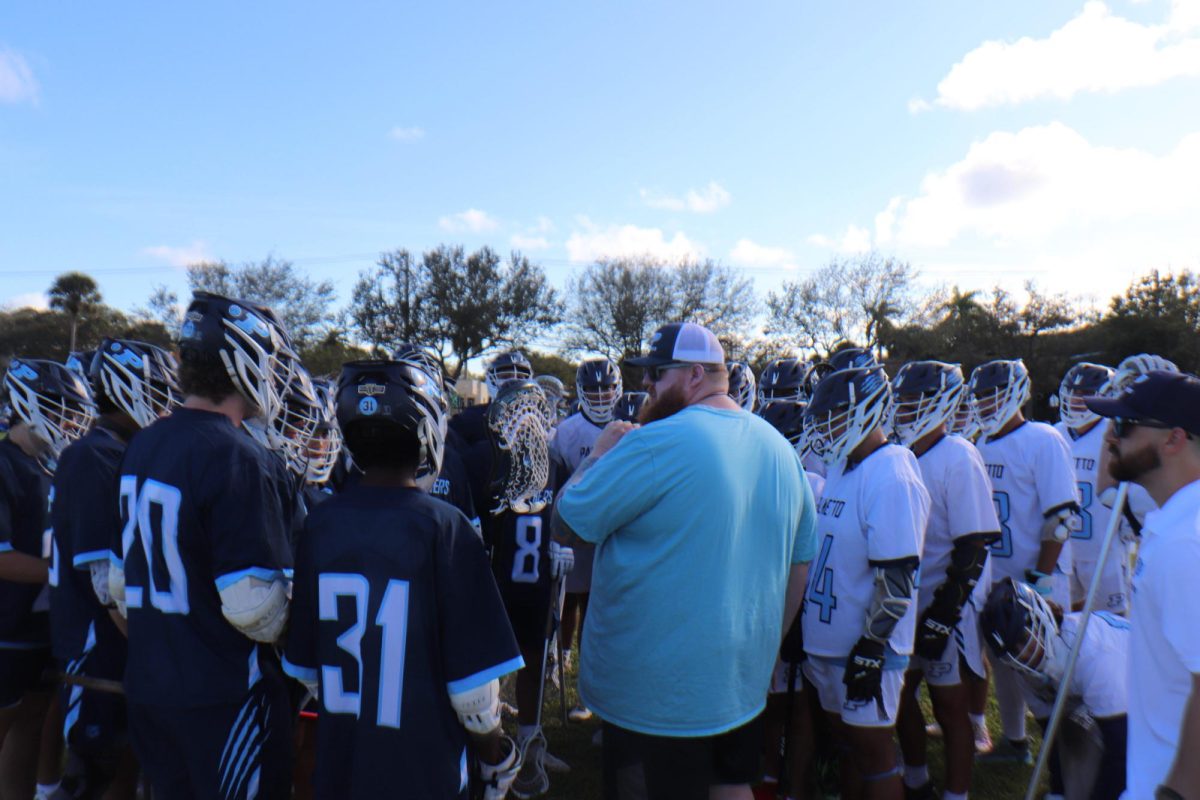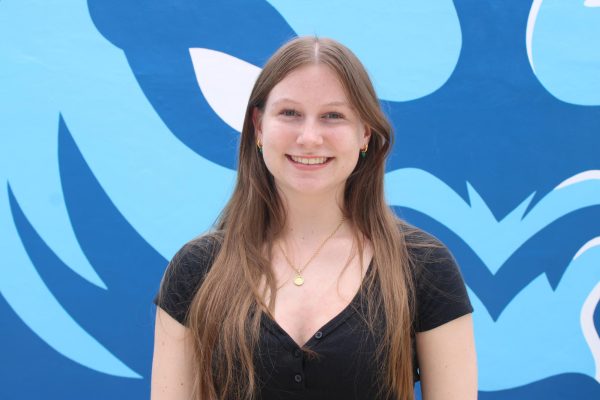The Health Information Project is a non-profit organization that allows 11 and 12 grade students to lead discussions about critical mental and physical health issues. The program helps create a safe space for incoming freshmen, as well as make sure no students feel that they are alone. HIP has trained over 24,500 11th and 12th grade students, taught over 490,000 9th graders and partnered with over 100 different high schools from Miami-Dade County, Broward, Monroe, Pinellas, Little Rock and Minneapolis. This has led HIP to be one of the many programs students at Miami Palmetto Senior High strive to be a part of. However, to get a chance to be a HIP Peer Health Educator, students have to go through a long, multiple step process. The HIP board at MPSH leads this process for the next school year.
“As [one of the presidents of HIP], I will assign jobs to everybody and split the work of recruitment amongst the rest of the board,” junior and HIP co-president Ethan Padilla said.
Padilla expressed that he and his co-president, Penelope Rodriguez, work together to try to keep everything together.
“We overview everything, read over the applications, organize what days we are going to do the interviews and who will be interviewed the following days,” Padilla said.
Padilla addressed that the board was experiencing some difficulties between itself at the beginning of the process.
“At first, we had a lot of struggles as a team since we all had no experience,” Padilla said.
The learning curve as HIP Presidents took Padilla and Rodriguez some time to get used to. Though there were soon to be bright days ahead for this board.
“There was no organization at all, but as the days went by, we as a team just got better and better,” Padilla said. “The whole board was then all able to work as a team and really support each other throughout this process.”
Along with the co-presidents, there are also the co-vice presidents of the HIP board.
“I am one of the two vice presidents and I work with the president and the rest of the board to help make things run nice and fluidly,” junior and co-vice president Hayden Jellson said.
At the start of the recruitment process, the board works to make it known that applications are open.
“[The board] puts a flyer up in March for sophomores to be able to apply, then once all the applications are in, around spring break we conduct interviews, we then make callbacks and then finally pick people making it to HIP,” Jellson said.
Though, in order to get to selection day, they need to have a solid gameplan.
“[The board] has to look through all the applications to make sure everyone meets the criteria to be interviewed. Afterwards, we all split up and interview multiple people so we all work at once and then work all together just to make sure to be all on the same page,” Jellson said.
The recruitment process of the HIP board consists of many aspects, but after recruitment, the board is in charge of so much more.
“Overall, we are recruiting, having interviews, running each meeting and module, just making sure everything runs smoothly,” Jellson said.
The recruitment process starts out with many students, but at the end of the day, only so many students are able to become a HIP PHE.
“We look for students who are able to command, have an open schedule, present themselves and how well spoken a student is,” Padilla said. “Though, besides all of that, it really depends on the person.”
It comes down to these key factors when the HIP recruitment board selects their future HIP PHEs.
“We want students who are dedicated, confident and want to make a difference,” Jellson said.













